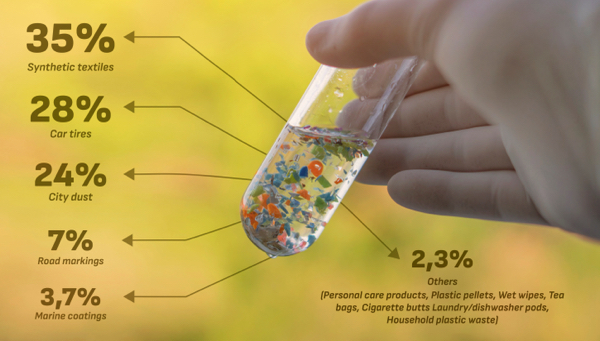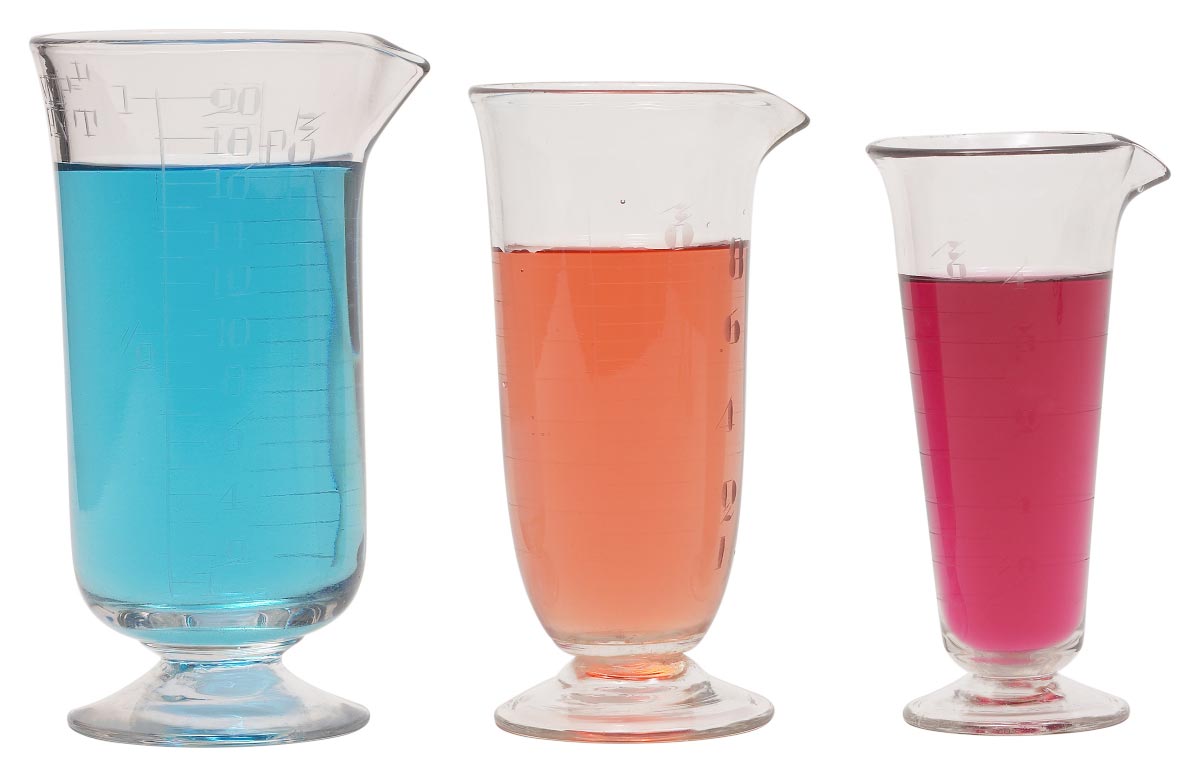
- A new study confirms microplastics from plastic food packaging enter our bodies through everyday handling and consumption, posing serious health risks.
- Microplastics bypass digestion, entering bloodstreams and accumulating in vital organs like the brain, liver, and reproductive organs, increasing disease risks.
- Opening plastic bottles, using plastic lids, and washing reusable containers drastically increase microplastic contamination in food and drinks.
- Highly processed foods contain far more microplastics than fresh foods due to prolonged contact with plastic equipment during production.
- Consumers can reduce exposure by switching to glass/stainless steel, avoiding heating plastic, and choosing fresh, unpackaged foods with proper filtration.
Opening a water bottle, unwrapping a sandwich, and heating leftovers in a plastic container are all simple daily actions that may be filling your body with microscopic plastic particles. A bombshell new study analyzing more than 100 research papers reveals that plastic food packaging is shedding microplastics directly into our food and drinks, with everyday handling drastically increasing contamination levels.
Tiny invaders, massive health threats
The research, published in NPJ Science of Food, confirms that microplastics — particles smaller than a millionth of a gram — are entering our bodies through routine food and beverage consumption. “This is the first systematic evidence of how normal and intended use of foodstuffs packaged in plastics can be contaminated with micro- and nanoplastics,” said Lisa Zimmermann, lead researcher from the Food Packaging Forum in Zurich.
These particles are so small that they bypass the digestive system, entering the bloodstream and accumulating in critical organs, including the brain, liver, reproductive organs, and even breast milk. A March 2024 study in The New England Journal of Medicine found that individuals with microplastics lodged in their arteries faced twice the risk of heart attacks, strokes, or premature death.
Simple actions, serious contamination
Opening plastic bottles introduces microplastics into beverages at an alarming rate; one study detected 240,000 particles per liter of bottled water. Plastic lids, grocery wrap, and takeout containers all release particles when twisted, cut, or washed. Even glass jars with plastic-lined caps are offenders, as twisting the lid grinds microscopic plastics into contents.
Washing reusable plastic containers accelerates degradation, shedding more particles with each cycle. Researchers tested melamine bowls and found that after 100 washes, plastic contamination increased exponentially. Tea bags — steeped in hot water — ranked as the second-leading source of contamination, leaching plastic into supposedly soothing drinks.
Highly processed foods pose a greater contamination risk due to repeated contact with plastic equipment during manufacturing. A study comparing chicken nuggets to fresh chicken breasts found 62 microplastic particles per serving in nuggets versus just two in unprocessed chicken. Polystyrene (Styrofoam) containers and plastics labeled with recycling codes 3, 6, and 7 were flagged as particularly hazardous, releasing toxic additives like phthalates into food.
Microplastics act as Trojan horses, carrying endocrine-disrupting chemicals into cells. Their presence in brain tissue raises concerns about neurodegenerative diseases, while accumulation in reproductive organs threatens fertility. Despite industry claims that microplastics are “not conclusively linked” to harm, mounting evidence suggests they contribute to chronic inflammation, hormonal imbalances, and cancer metastasis.
How to reduce exposure
While eliminating plastic entirely is unrealistic, consumers can take steps to minimize their intake:
- Replace plastic containers with glass or stainless steel.
- Never heat food in plastic or wash it in dishwashers, which accelerates degradation.
- Choose fresh, unpackaged foods over ultra-processed options.
- Use wooden or bamboo cutting boards to avoid plastic shavings in meals.
- Install reverse osmosis filters to remove microplastics from tap water.
The startling prevalence of microplastics in food packaging underscores the failure of regulatory agencies and corporations to protect public health. As research exposes the systemic risks of plastic pollution, consumers must demand transparency and safer alternatives. Until then, personal vigilance — coupled with detoxifying diets and clean storage — may offer the best defense against this invisible invasion.
The science is clear: every meal wrapped in plastic comes with a hidden cost. The choice to act or to remain passive could determine long-term health outcomes in an increasingly contaminated world.
Sources for this article include:
Please contact us for more information.



















